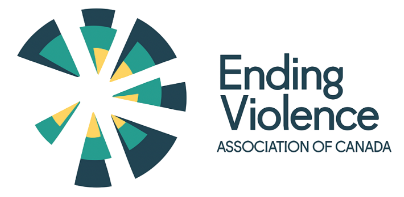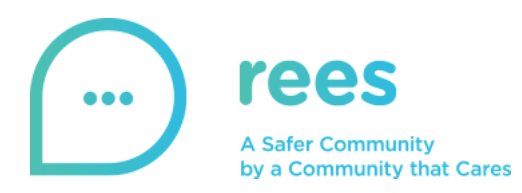Resources
Keep calling, emailing, knocking on doors until someone listens
Local and nation wide resources
They are here to help
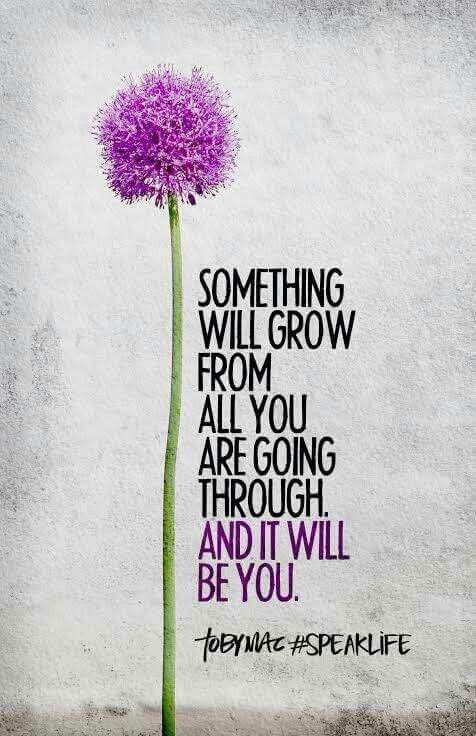
“In my mind, I built stairways. At the end of the stairways, I imagined rooms. These were high, airy places with big windows and a cool breeze moving through. I imagined one room opening brightly onto another room until I’d built a house, a place with hallways and more staircases. I built many houses, one after another, and those gave rise to a city — a calm, sparkling city near the ocean, a place like Vancouver. I put myself there, and that’s where I lived, in the wide-open sky of my mind. I made friends and read books and went running on a footpath in a jewel-green park along the harbour. I ate pancakes drizzled in syrup and took baths and watched sunlight pour through trees. This wasn’t longing, and it wasn’t insanity. It was relief. It got me through.”
― Amanda Lindhout, A House in the Sky
Some resources
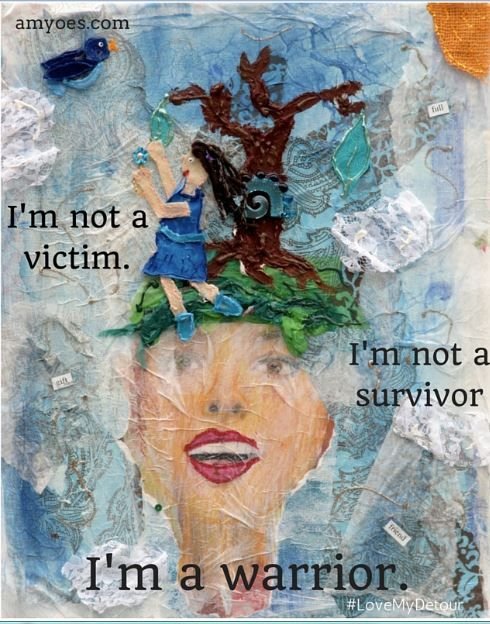
“Sexual abuse is also a secret crime, one that usually has no witness. Shame and secrecy keep a child from talking to siblings about the abuse, even if all the children in a family are being sexually assaulted. In contrast, if a child is physically or emotionally abused, the abuse is likely to occur in front of the other children in the family, at least some of the time. The physical and emotional abuse becomes part of the family’s explicit history. Sexual abuse does not.”
― Renee Fredrickson, Repressed Memories: A Journey to Recovery from Sexual Abuse
Reporting Abuse
If you suspect that a person with disabilities has been sexually abused, it is essential to report it to the appropriate authorities as soon as possible. Here are the steps you can take:
-
Call the police or emergency services immediately if the abuse is happening now or has just occurred.
-
Contact the Adult Protective Services (APS) agency or the Child Protective Services (CPS) agency in your area. These agencies are responsible for investigating reports of abuse, neglect, and exploitation of vulnerable adults and children.
-
If the abuse occurred in a healthcare facility, notify the facility’s administrator or director of nursing.
-
Contact a local advocacy organization or legal aid society that works with victims of sexual abuse. They can help you understand your rights and guide you through the reporting and legal process.
-
If the victim is in immediate danger, contact a crisis hotline for guidance and support.
Remember that reporting suspected sexual abuse of a person with a disability is a serious matter, and it is important to act quickly and decisively to protect the victim and prevent future abuse.
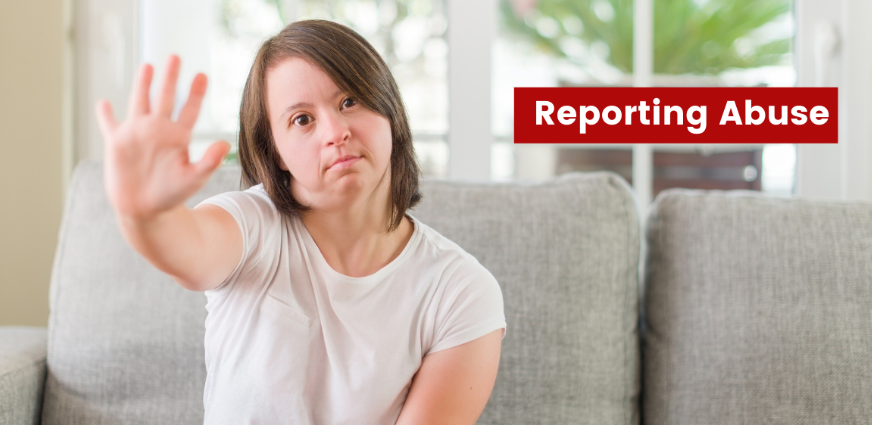
Sexual abuse of persons with disabilities is a significant and concerning issue in Canada. Research and reports reveal that individuals with disabilities often face an increased risk of abuse, including sexual violence, compared to those without disabilities. This vulnerability can be attributed to several factors:
Increased Dependence: Many individuals with disabilities rely on caregivers or institutions for daily care, which can create power imbalances and increase the risk of abuse.
Isolation and Social Exclusion: People with disabilities often experience social isolation and lack access to resources, which can limit their ability to report abuse or seek help.
Communication Barriers: Disabilities affecting communication can hinder a person’s ability to report abuse, particularly for those with intellectual or developmental disabilities.
Institutional Settings: Individuals with disabilities living in institutional settings may face higher risks of abuse due to limited oversight and accountability.
Societal Attitudes: Negative stereotypes and biases against people with disabilities can contribute to underreporting and a lack of societal awareness.
Recent Data and Trends
Statistics Canada highlights that individuals with disabilities, especially women, are significantly more likely to experience sexual violence than those without disabilities.
Barriers to Reporting: The rate of reporting abuse is often lower among individuals with disabilities due to fear of retaliation, lack of accessible reporting mechanisms, or not being believed by authorities.
Measures and Recommendations
Policy and Legislation: There have been calls for stronger legislation and policies to protect persons with disabilities, including better safeguarding procedures in care institutions.
Awareness and Training: Education and training for caregivers, medical professionals, and law enforcement can help in identifying and addressing abuse more effectively.
Accessible Support Services: Ensuring that support services like counseling and legal aid are accessible to people with disabilities is crucial.
Empowerment and Advocacy: Empowering individuals with disabilities through education and advocacy can help reduce their vulnerability to abuse.
This summary emphasizes the need for a holistic approach to prevent, identify, and respond to sexual abuse of individuals with disabilities in Canada. The focus should be on improving legislation, increasing awareness, and providing accessible support to empower those affected.






